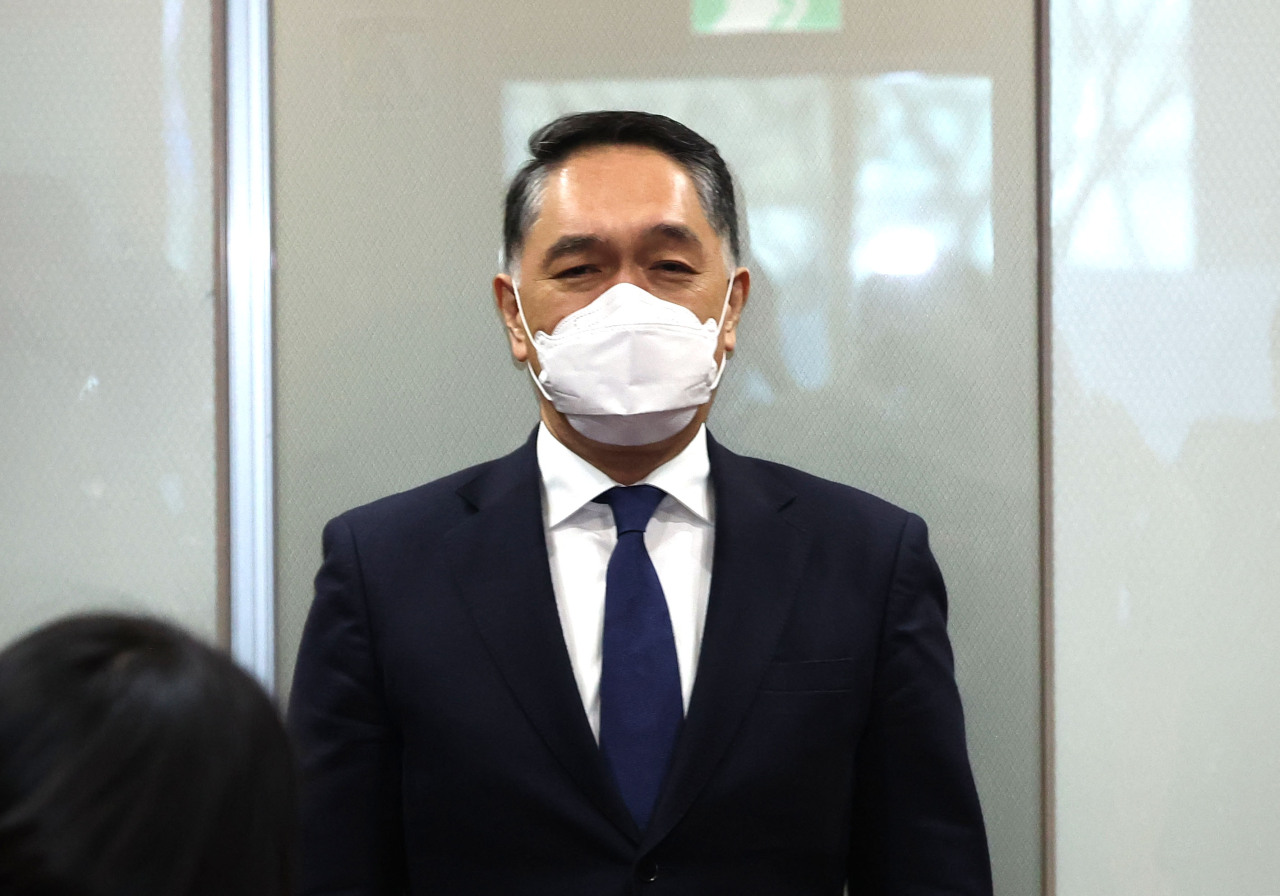S. Korea summons Japan envoy over re-pushing for Sado mine as UNESCO heritage
By Ji Da-gyumPublished : Jan. 20, 2023 - 16:50

“The Korean government regrets that the Japanese government resubmitted the nomination of ‘Sado Island Gold Mines,’ for the inscription on the UNESCO World Heritage List,” Foreign Ministry’s spokesperson said in a commentary issued one day after Japan’s resubmission.
Second Vice Foreign Minister Lee Do-hoon called in Daisuke Namioka, minister of economic affairs at the Japanese Embassy in Seoul, to lodge a complaint about Japan’s decision. Japanese Ambassador to South Korea Koichi Aiboshi has been reportedly on his visit to Japan.
Japan previously recommended the Sado gold mine in Niigata prefecture on the UNESCO World Heritage List in February 2022, but UNESCO did not review the submitted documents, citing incomplete information for the recommendation.
At that time, Tokyo’s move to leave out mention of forced mobilization in the Sado mine in its recommendation to UNESCO immediately prompted protest from South Korea.
At least 1,500 Koreans are said to have been coerced to work in the Sado mine during the country’s brutal colonial rule of the Korean Peninsula from 1910 to 1945. Tokyo, however, specifically designated the time frame of the mine’s activities to the Edo period (1603-1867), skipping the period of Japanese occupation of Korea.
“The Korean government will continue to make efforts together with the international community including UNESCO so that the full history which contains the painful history of people who were forced to work during wartime can be reflected,” the Foreign Ministry said in the commentary.
South Korea’s Foreign Ministry underscored that Japan should first implement follow-up measures that it committed to take in 2015, when 23 sites of Japan's Meiji Industrial Revolution were registered on the World Heritage List.
The Japanese government has not carried out its commitment to establishing the public understanding that a large number of Koreans and others were forced to work under harsh conditions in the 1940s at some of the sites as well as honoring wartime forced labor victims at some of the industrial revolution sites, including the establishment of an information center.








![[Today’s K-pop] BTS pop-up event to come to Seoul](http://res.heraldm.com/phpwas/restmb_idxmake.php?idx=644&simg=/content/image/2024/04/17/20240417050734_0.jpg&u=)

![[Graphic News] More Koreans say they plan long-distance trips this year](http://res.heraldm.com/phpwas/restmb_idxmake.php?idx=644&simg=/content/image/2024/04/17/20240417050828_0.gif&u=)






![[KH Explains] Hyundai's full hybrid edge to pay off amid slow transition to pure EVs](http://res.heraldm.com/phpwas/restmb_idxmake.php?idx=652&simg=/content/image/2024/04/18/20240418050645_0.jpg&u=20240419100350)

